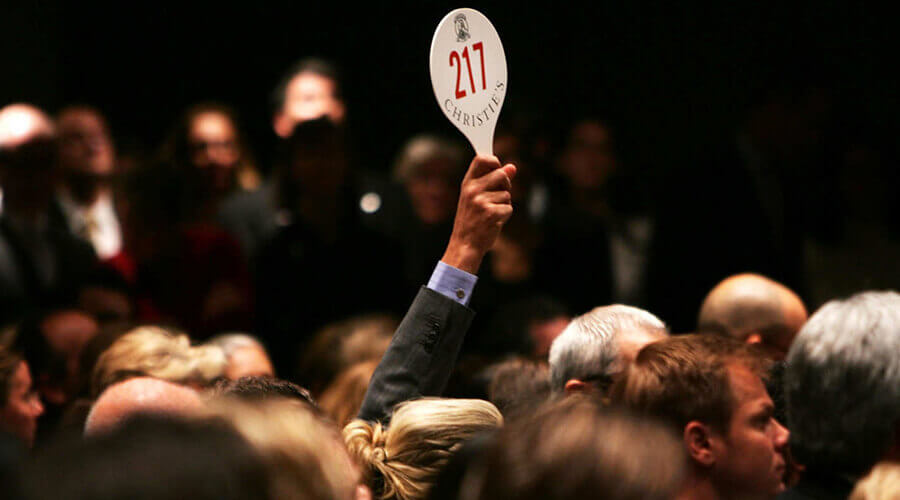
Analyzing hotel advertising campaigns can be incredibly overwhelming. Each channel has a different set of metrics, and keeping track of what’s what can be hard.
NB: This is an article from gcommerce
Subscribe to our weekly newsletter and stay up to date
Search Impression Share in Google Ads is one of those unique metrics that often causes confusion. However, this metric can provide an incredible amount of insight into your hotel’s Paid Search campaign performance, so it’s important to understand what the metric is, how it’s calculated, and what factors can affect it.
The Google Ads auction system
Before discussing Search Impression Share, it’s helpful to understand how Paid Search ads are served through Google Ads.
Each time that a user searches for something on Google, the Ads platform enters all potentially relevant ads into an auction for that individual search. Paid Search advertising with the best combination of bid and budget, relevance to the search, historical performance, and other factors will win the auction, appearing on the search engine results page (SERP). If a Paid Search ad does not perform well in the auction, it will not appear in the SERP. However, that ad may show up another time since a brand new auction occurs for each individual instance of a search.
Multiple ads can appear in the SERP at the same time, with ads that performed best in the auction showing up highest in the list of results compared to their auction competitors. However, there isn’t enough space in the SERP for every Paid Search ad to show up every time. The main purpose of the Google Ads auction system is to weed out the least effective paid search ads for a specific search. Therefore, it’s important to understand how well your Paid Search ads compete, which is where Search Impression Share metrics come into play.
Search Impression Share
Search Impression Share measures how often your hotel’s Paid Search ads win an entered auction, representing the proportion of impressions actually received compared to potential impressions.
How Search Impression Share is calculated in Google Ads:
Search Impression Share = Actual Impressions / Potential Impressions
Or, in other words: Search Impression Share = Auctions Won / Auctions Entered
You can think of this metric as an “actual” or “visible” percentage for Paid Search ads.
Search Impression Share Lost to Rank
This metric represents how often your hotel’s Paid Search ads lose an auction because a competitor’s ads are deemed a better, more relevant fit for the user’s search.
Factors that may affect Search Impression Share Lost to Rank:
Ad copy keyword optimization: When setting up a Paid Search campaign in Google Ads, adding positive keywords helps inform Google about the kind of searches that your ads should compete to show up for. These targeted keywords are not always a one-to-one match with a user’s query, but they provide a great foundation to ensure that your hotel’s ads appear in relevant searches.
However, targeted keywords aren’t always enough. Google Ads likes to see proof that your Paid Search ads are immediately relevant to a search and often looks at ad copy to determine relevance. Therefore, incorporating targeted keywords into ad messaging is an easy way to improve this relevance and decrease Search Impression Share Lost to Rank.
Search context: While targeted keywords are a great start regarding relevance, sometimes intent can get lost in a user’s search. Specific words and phrases often have a number of meanings, and this can get confusing without a direct line of communication to the user. For example, if a user searches for “cats,” it’s difficult to determine whether the user wants to adopt a pet, see a Broadway show, or buy heavy machinery.




